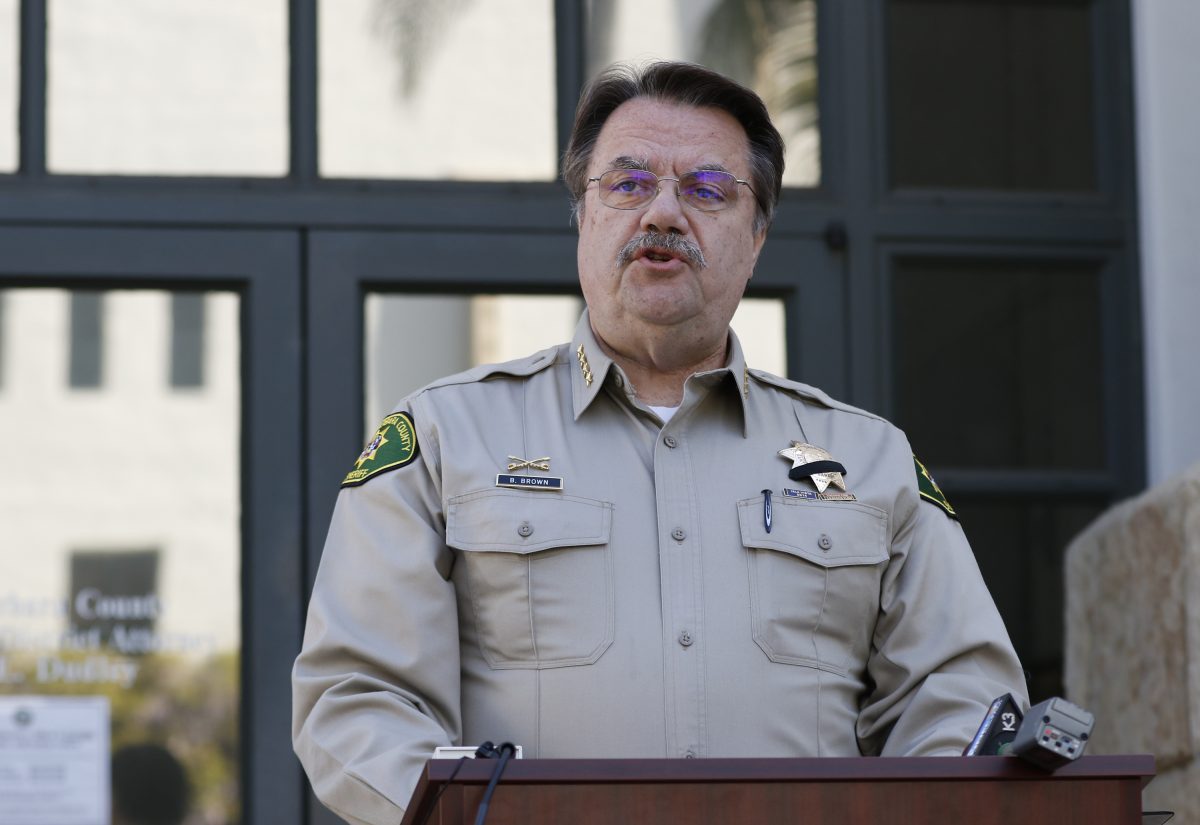County Settles Bryan Carreño Wrongful-Death Lawsuit for $850,000
Carreño Was Shot 20 Times by Five Deputies Who Broke Tactical Protocols

The County of Santa Barbara reached a $850,000 settlement agreement with the family of 26-year-old Bryan Carreño, who was fatally shot by Sheriff’s deputies in 2017. Carreño at the time was suicidal and holding a knife when a group of five deputies cornered him ― and themselves ― on the small back patio of a La Cumbre–area home he’d broken into. The deputies fired a total of 27 shots, 20 of which struck Carreño.
Carreño’s family had filed a wrongful-death lawsuit against the Sheriff’s Office in federal court, arguing the deputies used excessive force to subdue Carreño when less-lethal means were available, including a K-9 unit at the scene. They also presented evidence that two of the deputies had firsthand knowledge of Carreño’s suicidal tendencies, as they’d been dispatched to his home twice in the year prior when he was threatening to kill himself. The department ought to have taken Carreño’s mental-health issues into greater consideration as they formulated their response that night, the lawsuit argued. Carreño’s father, a retired custody deputy with the Sheriff’s Office, had called 911 asking for help for his son.
According to internal county records ― obtained last year by the Independent as part of a public records request ― a Sheriff’s Office Shooting Board convened after the incident found “supervisors did not implement basic emergency incident management protocols.” It was also “unclear if a perimeter was established prior to making contact with the subject,” when all five deputies found themselves trapped with Carreño in a tight outdoor space that offered little means of maneuvering. “Provide training emphasizing in establishment of inner and outer perimeter,” the board recommended.
Despite these apparent tactical errors, Santa Barbara County District Attorney Joyce Dudley found no fault with the deputies’ actions and ruled Carreño’s killing a justifiable homicide. In public statements, Sheriff Bill Brown also claimed that the shooting was “within Sheriff’s Office policy.”
Nevertheless, Brown told the paper this week, Carreño’s death was “a tragedy.” “Mr. Carreño,” Brown continued, “who suffered from mental illness and co-occurring substance misuse, threatened deputies with a large knife at the time of the shooting. The settlement, which was made for the benefit of Carreño’s minor daughter, and with no admission of guilt on the part of the Sheriff’s Office or Sheriff’s deputies, was a business decision made by the County and its insurance carrier. The Sheriff’s Office continues to extend its deepest sympathies to the Carreño family.”
The settlement was finalized in August 2020, but only recently came to light during correspondence between the Independent and the attorney representing the family, William L. Schmidt.
The County of Santa Barbara has now paid nearly $9 million to settle multiple misconduct lawsuits filed against the Sheriff’s Office since 2010. Last March, it paid $950,000 to a man whose back was broken as he attempted to flee from deputies during a traffic stop.
One active-duty deputy ― Jeremy Rogers ― has been involved in five fatal incidents, including a wrong-way collision and three shootings, that have so far cost taxpayers $5.5 million. The most recent of those shootings is now the subject of another wrongful-death lawsuit filed against the Sheriff’s Office by the family of 30-year-old Cameron Ely, who was shot 22 times at point-blank range by four deputies in 2019.
Ely had allegedly stabbed his mother to death earlier in the evening but was unarmed and, according to the family’s complaint, posed no threat at the time he was killed outside their Hope Ranch home. They cite body camera audio recordings of the incident that don’t match statements given by the deputies, who told investigators Ely had yelled and lunged at them before they opened fire. Authorities claim the microphones worn by the deputies ― which captured clear audio immediately before and after the shooting ― failed to pick up that particular moment of the interaction.
The case remains in its early stages, and a hearing is scheduled for later this spring.
Support the Santa Barbara Independent through a long-term or a single contribution.



